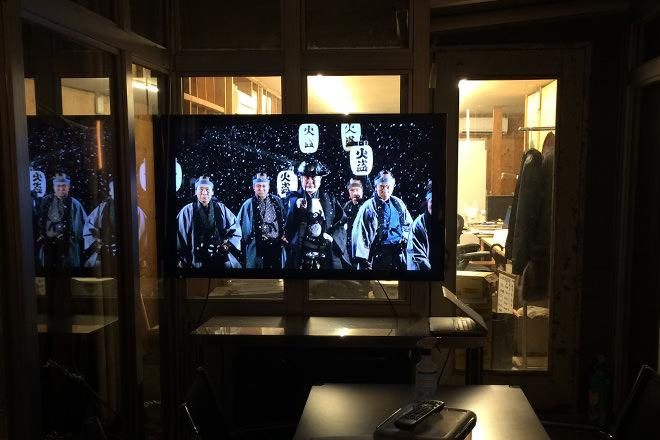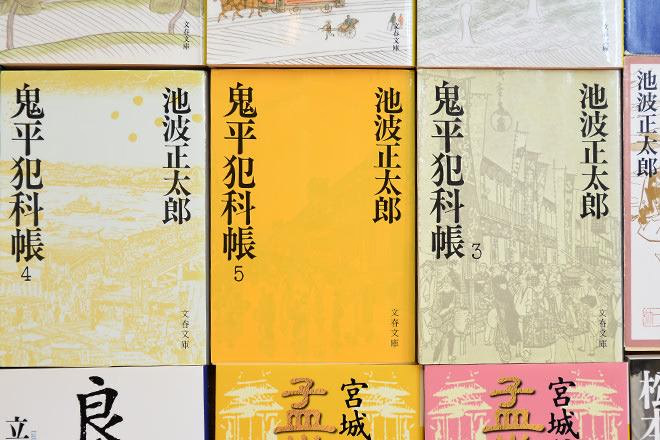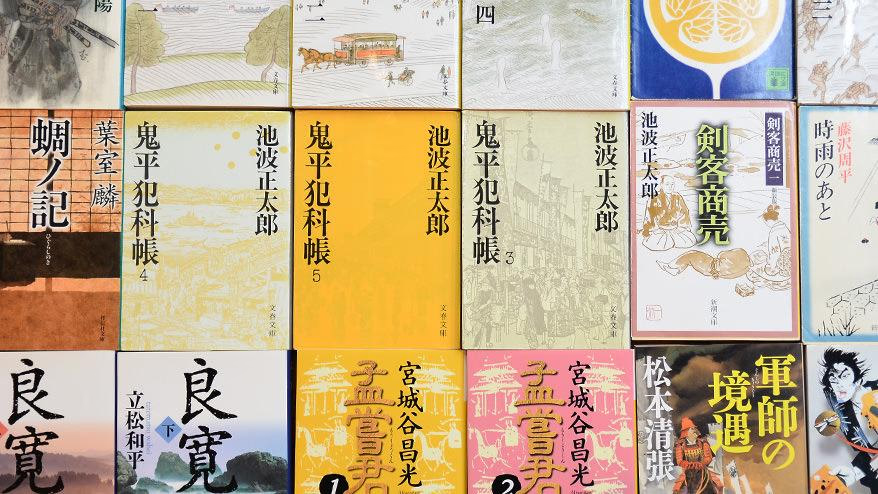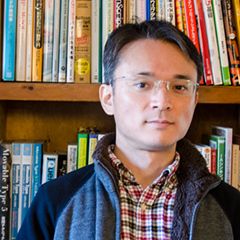こんにちは。図書委員の村上です。
少し前に、「『鬼平犯科帳』の最後の TV シリーズが放送される」というニュースがありました。
『鬼平犯科帳』の放送はもう終わったものだとばかり思っていたので、時代物好きの私は「続きをやるのか!」とちょっとした感動を覚えました。
ご存じの方もいらっしゃると思いますが、『鬼平犯科帳』は小説家・池波正太郎の代表的なシリーズで、何度かテレビドラマ化もされています。
主人公は江戸時代に実在した人物、犯罪の取締などを行っていた火付盗賊改方長官・長谷川平蔵、通称「鬼平」。「鬼平」と呼ばれる由来は、その取締の厳しさから「鬼の平蔵」と恐れられていたためです。

私はその全てを読んでいるわけではないのでファンを名乗るのは少々気が引けますが、好きな作品の一つです。
ですが今でこそ好きだと言えますが幼い頃は違いました。
時代物好きの父親と、バラエティを見たい私とでチャンネルの奪い合いになっていたので、テレビで『鬼平』が始まるとむしろ「つまらないものが始まった」と思っていたものでした。
それが、今では自らすすんで観るようになっています。
今回は、つまらないと思っていた『鬼平』のおもしろさに気づいた経緯と、その理由をお伝えしたいと思います。
時代小説好きのはじまり
そもそも歴史に関するものに興味をもったきっかけは、小さい頃、実家に『学習漫画 日本の歴史』が全巻あって、これが面白くて何度も繰り返し読んでいたことでした。そこから次第に子供向けの伝記を読むようになり、寮生活を送っていた中学高校時代、時代小説に本格的にのめり込んでいきました。
寮にはゲームなんてもちろん無いし、漫画は禁止されてはいなかったが「不まじめだ!」と思い込んでいて、寮の中ではほとんど読まなかったんです。
そんな中、寮から歩いて数分のところにあった祖母の家に週に何度も通って、祖父が遺した大量の本を読みふけるようになったのですが、そこにあったのは吉川英治の『新書太閤記』や『宮本武蔵』に『三国志』、山岡荘八の『徳川家康』、などなどの時代小説。
読めない漢字や意味の分からない言葉は想像で補って読み進めていたし、内容をどれだけ理解していたかは、はなはだ疑問だけれども、祖母の家に泊まったときなどは夜更かしして、気がつけば朝になっているほど物語に熱中していました。
「つまらない」と思っていた鬼平犯科帳との再会

全26巻あった『徳川家康』を数年かけてようやく読み終えて、さて次はと手に取ったものの一つが、子供の頃つまらないと思っていた池波正太郎の『鬼平犯科帳』でした。
特にこれと言った理由はなく、単純に「何巻もあるから長く楽しめるだろう」くらいなものだったのですが、読んでいくうち次第に熱中していました。
それまで読んでいた作品はどちらかと言うと天下国家に関わる、スケールの大きい物語がメインだったのに対して、『鬼平』は世の中で暮らす人々、つまり自分に近い立場の人たちに各話各話でスポットが当てられていたのが、当時の私には新鮮だったのかもしれません。
主人公の長谷川平蔵は剣術の達人でもあり、そのチャンバラシーンはもちろんですが、登場人物の人間臭さのようなものも魅力でした。
例えば鬼平の部下で家族が病気になってお金に困っている者がいた。そして張り込み中にふと「自分だったらどうやって盗もうか」と良からぬことを想像してしまうのだけれど、ハッと我に返ってまた真面目に仕事に打ち込む。
そういう、ときに弱さを見せながらも正しくあろうとする姿に親近感を覚え、大げさかもしれないが「自分もこんな風になりたい」と思いながら読みすすめ、作品に引き込まれていきました。
そうしてかつては父とテレビを争っていた私も、今ではすすんで『鬼平』を見るようになりました。父と並んでテレビを見るという機会がなかなかないのは残念ですが、『鬼平』にかぎらず、歴史や時代物は私と父との共通の話題になっています。
ここ数年は時代小説もあまり読まなくなっていたのですが、これを機会に読み直して『鬼平』の冒険活劇やこうありたいと思った姿に触れてみたいと思います。
昔はわからなかった、新たな面白さに気づけることを期待して。

